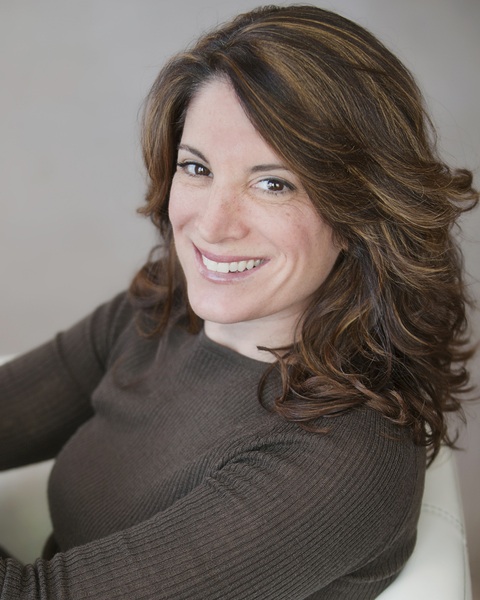Not long ago a friend shared some devastating news about a woman we know who was diagnosed with brain cancer. This woman, let’s call her M, is a decade younger than I am with a small son. The news stopped me cold. I had just seen M earlier this year sipping a cocktail at a Denver bar (before the country went into lockdown). We weren’t exactly friends, and because she didn’t make eye contact with me, I never greeted her. I’d heard about her divorce a few years back to a man I used to know since our kids went to school together and had shared an unusual common bond: they’d each lost a parent.
His children’s mother died of a freak virus, and my husband Brett died of a brain tumor, albeit a different kind than M’s. The losses couldn’t sustain the kids’ friendships over time, but it certainly brought them together at the onset. In spite of all the “stepmother” stories his children shared, I felt empathy for M; at the time, she had no children of her own and was suddenly mothering three kids who had experienced a tragic loss. It couldn’t have been easy for her. By then, I was a stepmother myself, to two boys who lost their mom to pancreatic cancer, so I understood just how complicated second marriages and blending families could be. Unfortunately, M wasn’t interested in a friendship, so I stopped trying.
And now, my friend tells me that M is very, very sick.
It’s a terrible situation, a real sucker-punch that trivializes all past hurts and grievances. Reportedly, M is distraught about her son. And he, naturally, is exhibiting great anxiety. Meanwhile, here it is that the dad already helped his three oldest children mourn their mother’s death and now he has to prepare his youngest kid for the same rotten deal. Sometimes life is just cruel.
In fact, I think it’s the cruelty of it all that has me so upset. Cancer is fierce. Cancer doesn’t discriminate. Cancer kills. This is true: there’s nothing quite like a cancer diagnosis to bring us face to face with mortality.
Maybe this is the lesson that I’m meant to relearn from M’s diagnosis: I have to go there again, into the dark abyss of cancer, even though the thought of anticipating her death triggers anguishing memories. I imagine this is a lesson that many of us are forced to revisit since loss is both inescapable and universal—from cancer, other diseases, COVID-19, and more. Terrifying and hard as the work is, we have to be present to life’s most painful moments. Only in this way can we appreciate the quality of our days. Only in this way can we experience true empathy for others. Only in this way can we appreciate the people who give our lives meaning. Who ever said being resilient was easy?
* * *
Here are some questions to ponder to help you handle difficult situations with greater resilience.
Think of a time you experienced a tough blow, one that jolted your sense of security in the world.
What kind of conversations did you have? How did you react?
What are you most proud of about how you handled this situation?
Is there anything you’d like to do differently the next time you face a similar situation?
Note: This post originally appeared as part of a series on Resilience for the Cancer Support Community.


